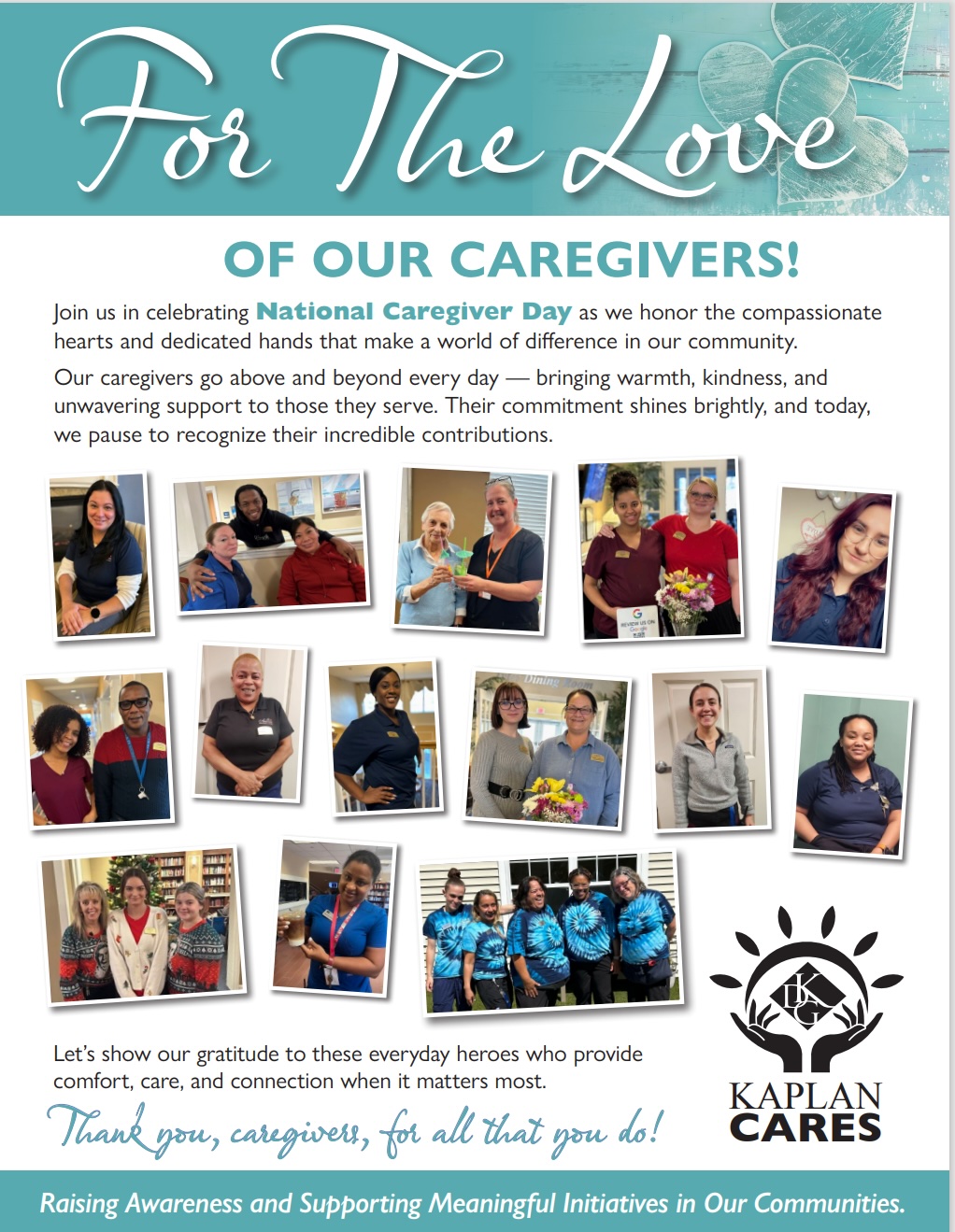Caregiving for an aging loved one is a rewarding role for you, but it can also be demanding. Providing for another person’s needs requires physical and emotional energy. A few tips for preventing caregiver fatigue include:
- Prioritize self-care
- Create a support network
- Set healthy boundaries
- Use professional respite care services
- Educate yourself
- Stay organized
Without considering these fatigue prevention strategies, the constant demand of caregiving can take its toll on your well-being. And when fatigue affects your well-being, the care you provide can also be affected. This highlights the importance of surrounding yourself with people who can support your efforts.
What Is Caregiver Fatigue?
Caregiver fatigue, sometimes called caregiver burnout, occurs when the physical, emotional, and mental strain of caregiving becomes overwhelming. This fatigue isn’t simply feeling tired after a long day—it’s a chronic state of exhaustion.
Without intervention, this fatigue can compromise the caregiver’s well-being and the quality of care provided to their loved one. Recognizing and addressing caregiver fatigue is essential for maintaining a sustainable caregiving routine.
Recognizing the Signs of Caregiver Fatigue
Caregivers often don’t realize they are experiencing burnout until their health declines. So, the first step to managing caregiver fatigue is knowing how to recognize it. Look for these common signs that span three areas—physical, emotional, and behavioral:
- Chronic fatigue
- Frequent headaches, muscle pain, or illness
- Difficulty sleeping or oversleeping
- Lack of appetite or increased reliance on junk food
- Feeling helpless, hopeless, or trapped
- Severe mood swings or irritability
- Persistent feelings of guilt, even when doing your best
- Emotional detachment from the person you’re caring for
- Skipping self-care routines
- Avoiding social interactions and support networks
- Increased use of alcohol, caffeine, or other substances to cope
- Neglecting work, hobbies, or other responsibilities
If these symptoms sound familiar, it’s time to take action. Awareness is the first step toward prevention and recovery.
Understanding the Causes of Caregiver Fatigue
Caregiver fatigue doesn’t happen overnight. It’s usually the result of multiple overlapping factors. Understanding these causes can help you take proactive steps to mitigate burnout.
Lack of Support
Many caregivers feel isolated and believe they must handle everything alone. This lack of external support can amplify stress and create a sense of loneliness. Finding support in respite care services or adult day centers benefits your long-term well-being and quality of care.
Unrealistic Expectations
Caregivers often set high, unrealistic standards for the care they provide. Striving for excellence is commendable, but perfectionism can quickly lead to burnout. Rather than looking for a perfect day of caregiving, remind yourself that some days will always be better than others, and you can only do what you can.
Financial Strain
Caring for a loved one often includes financial costs, from medical expenses to lost income from cutting back on work hours. This financial pressure adds yet another layer of stress. Exploring financial support options is essential to alleviate this burden for you or your loved one.
Neglecting Self-Care
Self-care is not selfish. It’s essential. Yet, many caregivers neglect their needs and put their loved ones first. And while this is a beautiful sentiment, it can cause your caregiving efforts to suffer over time when your own needs are ignored or minimized.

Strategies to Prevent & Manage Caregiver Fatigue
Preventing caregiver fatigue doesn’t mean you care less—it means you care wisely. Here are practical strategies to help you maintain balance and resilience.
Prioritize Self-Care
Make time for activities that recharge you, such as yoga, reading, gardening, or simply enjoying a quiet cup of coffee. This time spent caring for yourself will overflow into high-quality care for your loved one.
Create a Support Network
Contact friends, family members, or caregiver support groups for help and encouragement. Sharing the caregiving responsibilities or discussing your challenges can significantly alleviate stress.
Set Boundaries
Learn to say “no” or delegate tasks when you feel overwhelmed. It’s okay to draw boundaries to protect your emotional health. Telling someone no isn’t an indicator of your care or love. Honoring your limitations can improve the overall care you provide.
Use of Respite Care Services
Look into professional respite care services, which provide temporary relief by taking over caregiving duties for a few hours or days. Another option could be adult day centers. These are places where a senior can spend a day or an afternoon with access to socialization opportunities and the required support.
Educate Yourself
Knowledge is power when your loved one has dementia or another condition that creates unique aspects to their care. Learn as much as you can about what’s going on in your loved one’s life so you can set realistic expectations about the care you can provide and avoid unnecessary stress.
Stay Organized
Calendars, reminders, or apps can streamline caregiving tasks and make daily responsibilities more manageable. Keeping a consistent routine can help keep you organized.
When to Seek Professional Help
Sometimes, caregiver fatigue requires more than self-care strategies and support groups. Recognize when it’s time to seek professional help from a therapist, counselor, or doctor. A few signs to consider include:
- Persistent sadness, anxiety, or irritability
- Physical symptoms like severe fatigue or illness that don’t go away
- Feeling out of control or trapped with no way out
Key Takeaways for Every Caregiver
Caregiving is a beautiful act of love, but it shouldn’t happen at the cost of your health and wellness. By recognizing the signs of fatigue, understanding its causes, and applying strategies to manage it, you can ensure you and your loved one thrive together.
Need personalized guidance? Contact our experienced team at Bentley Assisted Living at Branchville today. We’re happy to provide tailored advice and schedule a community tour to help you explore respite care options.





